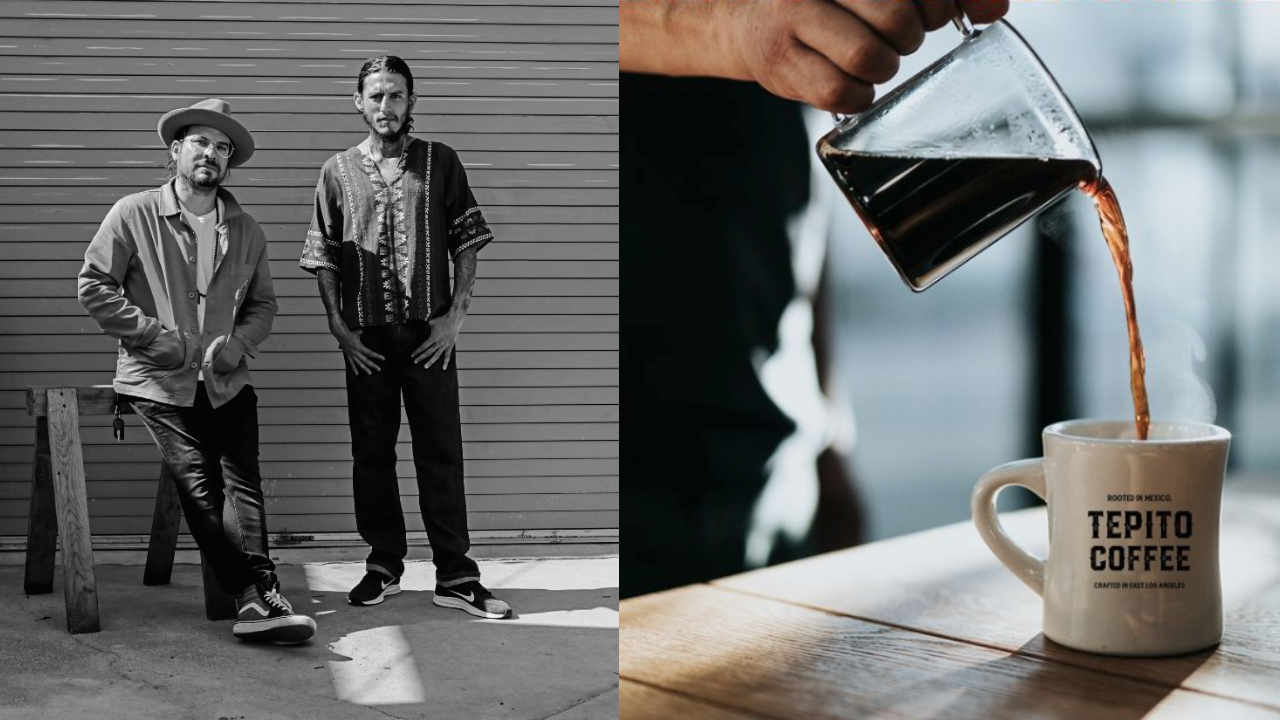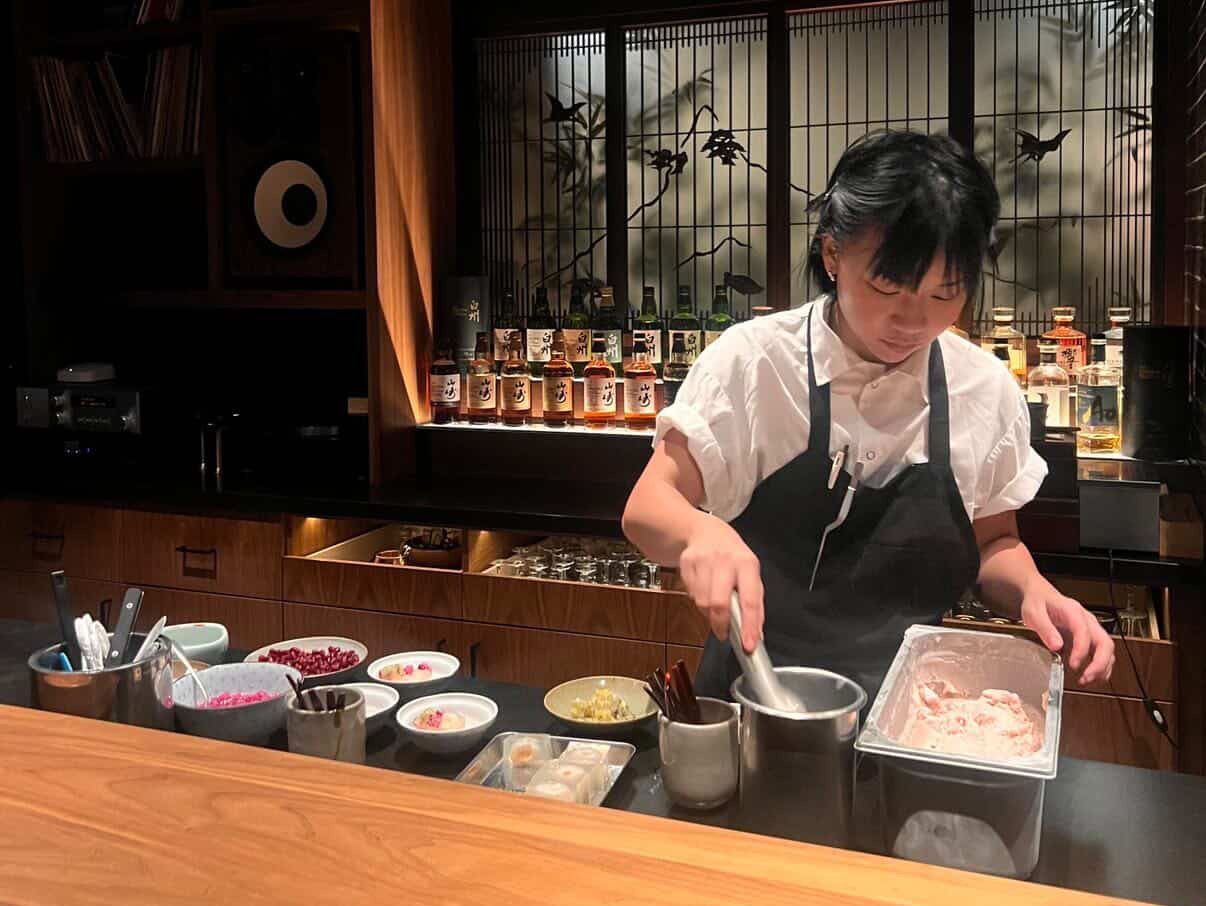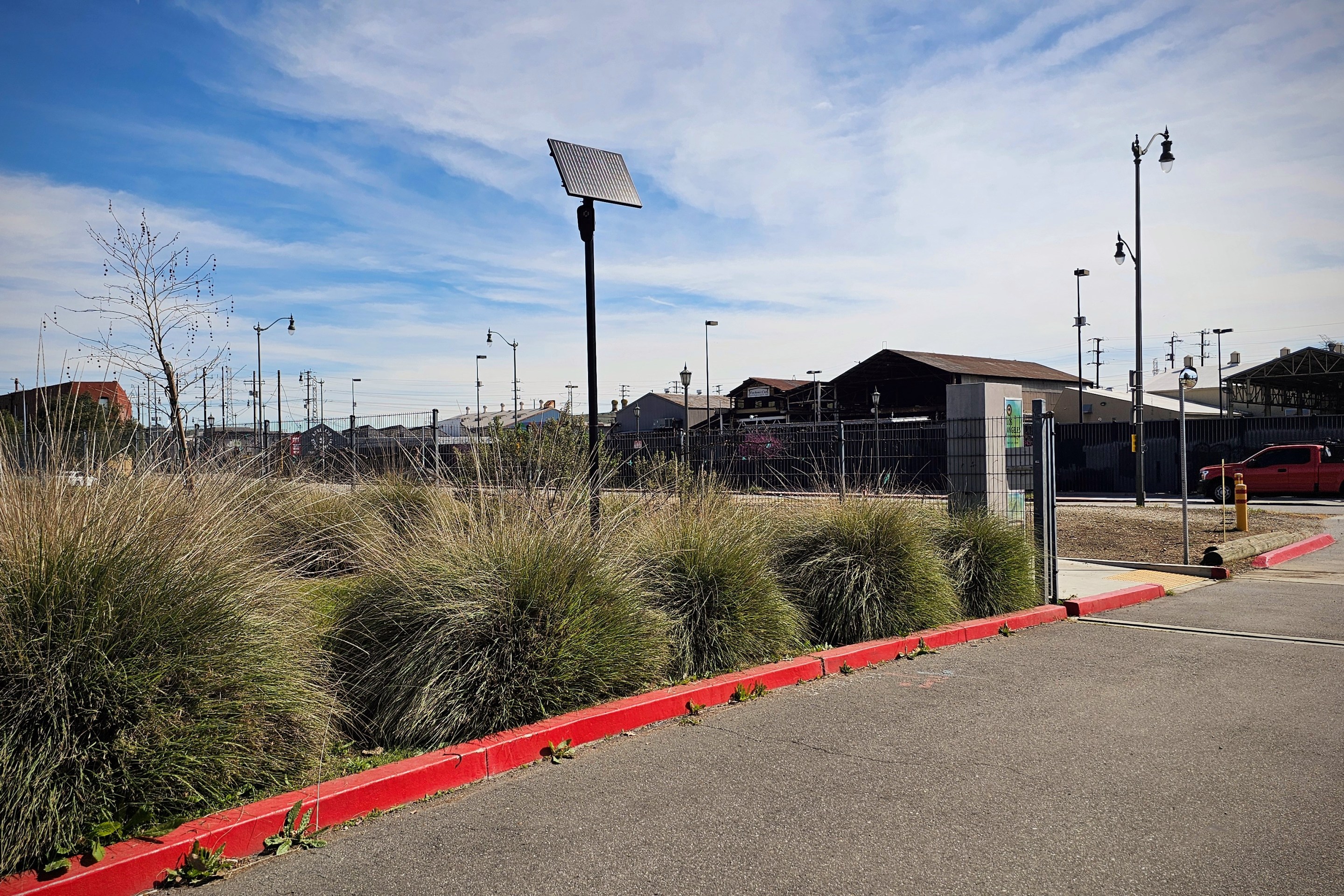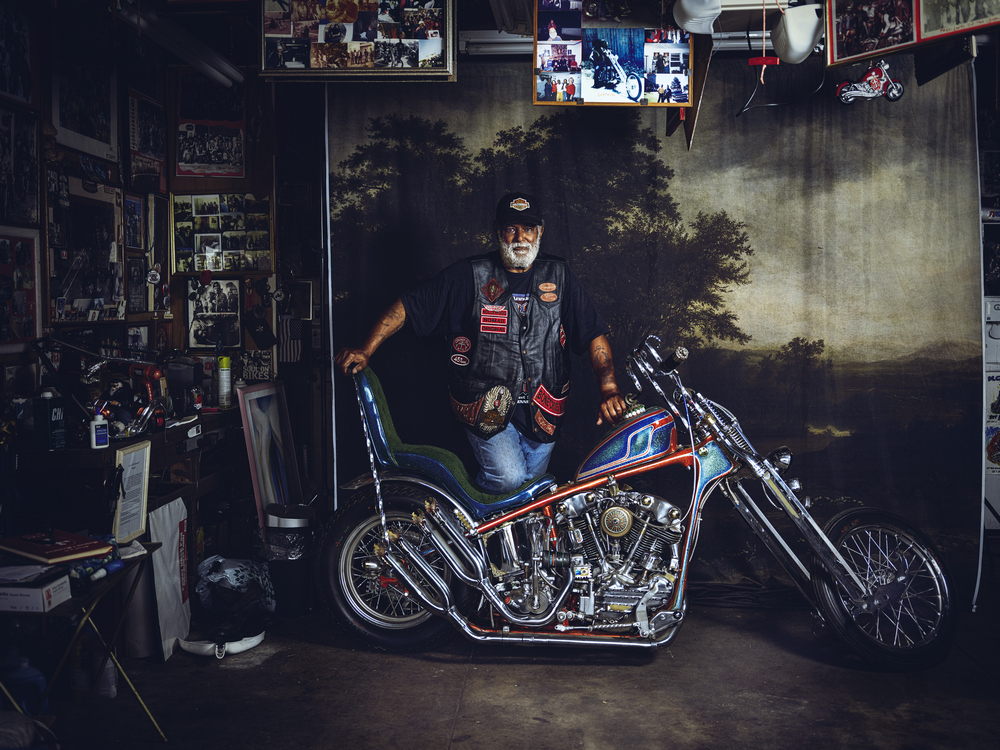ome of the best coffee comes from our people, from our raza.”
When the star of the show, Mayans, Richard Cabral, and strategist Mike de la Rocha first started vibing with the idea of creating a coffee line, they had three things at the forefront of what their coffee would represent: community, sustainability, and connection beyond borders.
Cabral first tasted coffee when he was 18 years old and doing time. “I was in LA County Jail, and I won't ever forget, I just remember tasting this grimy ass coffee,” Cabral said, trying not to laugh. “But we thought that was the shit, you know, we liked it, just like people think Starbucks is the shit.” Little did he know that years later, he, along with his good friend, Rocha, would make a line of coffee of their own.
Their approach is a refresher to all the celebrity-backed products that tend to come out every so often. We’ve all seen it; a celebrity puts their face on a product, maybe directs some funds to a charity, and they call it a day. Hardly ever do you see them interact behind the scenes with those who grow or produce their products. This is why Cabral and De la Rocha said they were intentional when creating Tepito Coffee.

“The idea wasn't just to create a great-tasting cup of coffee but also to build community both in Mexico with the hands and people who produce it, as well as here in East L.A. with those who consume it,” said Cabral.
Their work in advocacy and the fact that they both consider themselves ceremony and spiritual men brought the two together. The one thing that the duo was missing was someone who not only produced coffee but who also shared the same values as they did. And in 2019, right before Cabral left a Coffee Festival in Los Angeles, he recalls seeing Carlos Avendano’s coffee stand in the back of the event.
...some people were more interested in taking a picture with a coffee plant than actually learning about the process.
“So at these festivals, there is great tasting coffee from everywhere, right, but what blew my mind was that some companies had coffee from Mexico or Central America, but the face of the company was not raza,” Cabral said via Zoom. “So when I saw Carlos, I immediately gravitated towards him because not only was he the face of his coffee company, but he was actually the producer and grower too.”
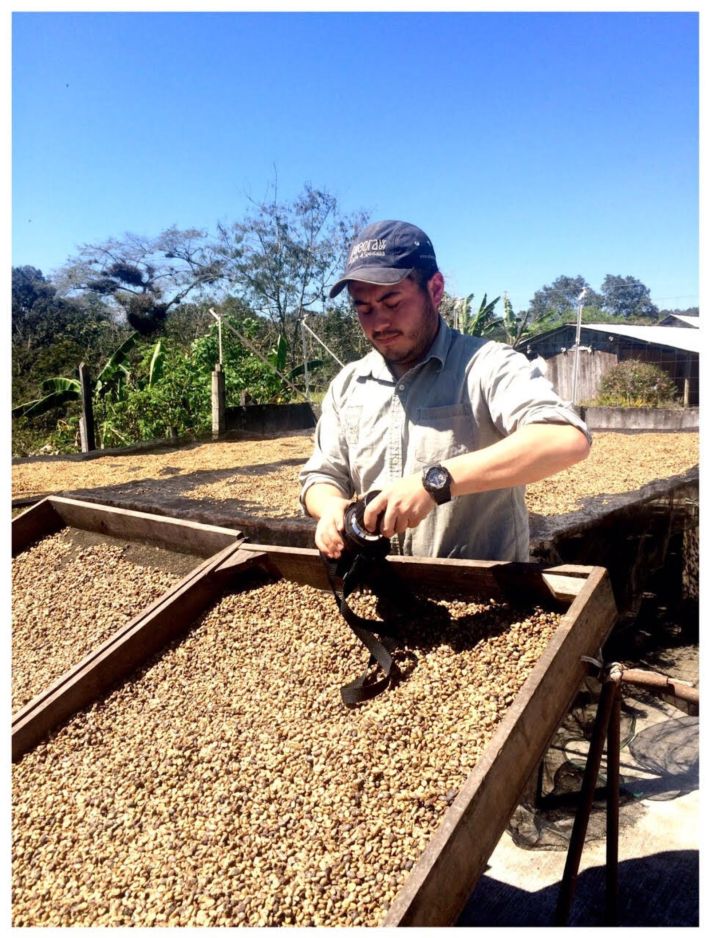
Although their coffee is for everyone to enjoy, they both wanted it to center the Latino community on both sides of the border. And Avendano, who resides in Texcoco, Mexico, was the perfect match. Aside from having 20 years of experience with coffee under his belt, he also believed in their vision for Tepito.
“We're three people with one heartbeat. He's just a beautiful person. His knowledge of coffee roasting and harvesting is unmatched,” said De la Rocha. “He's just a humble man, and I feel honored because a lot of people have approached him to do this, and he never felt comfortable until now.”
Avendano is an agronomist and farmer who, along with his father, owns Pecora 19º09´ Coffee Growers & Roasters. Their farm is located in Boca Del Monte in Veracruz, Mexico. Everything at Pecora is hands-on. There is no mechanical harvesting due to the geography of where the farm is located. When asked why he agreed to work with Cabral and De la Rocha, Avendano said, “it felt right.”
“It's very rewarding as a producer having the opportunity to select whom you work with. It's a privilege,” Avendano said just a few minutes after getting back from the farm. “Especially when they also have the same vision as you.”
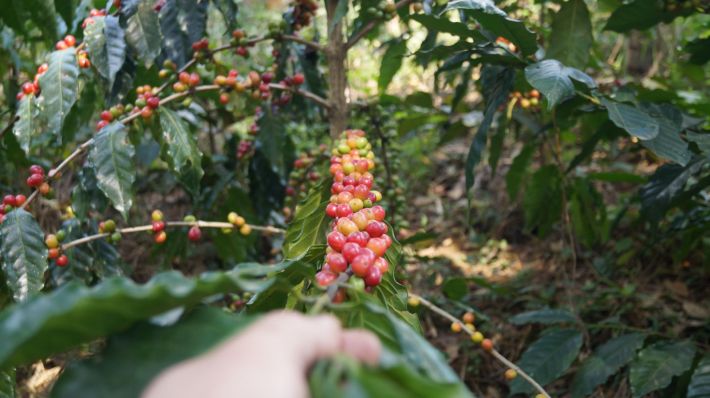
In the past, other people had approached him about producing coffee for them, but for Avendano, it never felt right. After a while, he said he realized that some people were more interested in taking a picture with a coffee plant than actually learning about the process.
“That stuff is just for show, and that's okay. Nothing wrong with the tourism thing if that's your thing, but we are not into that,” said Avendano. “That's not a priority for us. This is more than a business. We do this for life and by choice and because we love this.”
For him, Cabral and De la Rocha were a perfect match because they understood that quality was important and because, as Avendano put it, “They understand the human side of coffee farming.”
“I didn't have a grinder the first time, and I had to grind my coffee in a molcajete!”
A human side that is important not to ignore as coffee harvesting is a laborious art. In Mexico, harvesting happens only once a year from September through February, according to Avendano. And not every year is the same. Many factors like climate change can affect a year's harvest. Not to mention it could take up to three years for a new coffee tree to produce any beans. The long-time farmer explained how whatever you do or don't do in the field could significantly influence how the final coffee cup will taste.
The coffee he curated for Tepito was made through Pecora’s dynamic honey processing. This is when microorganisms that live in the coffee fields are preserved and used to control the fermentation rate in the coffees made.
“So we enhance the conditions for those microorganisms to survive during the processing, and that gives us a very special distinctive flavor, kind of like what terroir does for wines.”
The three flavors he worked on for Tepito include Warrior, Sol, and Awaken. “All our coffees are whole beans, so make sure you have a grinder,” Cabral laughed. “I didn't have a grinder the first time, and I had to grind my coffee in a molcajete!”
“...you can't deny that knowing more about where something comes from makes it taste that much richer.”
The three flavors all have a unique taste. For the Warrior blend, the primary flavors are strawberry, hazelnut, honey, and chocolate. Unlike Warrior, which is produced through the dynamic honey process, Sol is a natural processed coffee. Meaning nothing is removed from the seeds after harvest. The beans are dried on raised beds, and their key flavors are blackberry, vanilla, and clove. And lastly, there is Awaken, which has anise, rose, hazelnut, and peach. All three roasts are medium roasts and are described to have flavors that linger in your mouth.
And although they consider all three of their coffees to be great, Cabral’s favorite of the three is Sol while De la Rocha’s is Warrior.
“The coffee that we are presenting is like wine. There are different aromas, different sabor (flavor,)” said Cabral.
Cabral and De la Rocha hope to grow their coffee and eventually have a brick-and-mortar cafeteria none other than in Boyle Heights. Where they say, employees will reflect the community around them. “For sure, our first employees will be homies and folk who look like you and me,” said Cabral.
“At the end of the day, the purpose of this coffee is to connect with people,” De la Rocha added. “Intentionally building these bridges across man-made borders and building community in two countries, and you can't deny that knowing more about where something comes from makes it taste that much richer.”
Disclosure: Richard Cabral is not related to the Editor in Chief of L.A. TACO, Javier Cabral.
